food protein induced enterocolitis syndrome fpies adults
Food protein-induced enterocolitis syndrome FPIES is an adverse food reaction involving the immune system that mainly affects infants and young children. Food protein-induced enterocolitis syndrome FPIES is a non-IgE cell-mediated food allergy commonly diagnosed in infants and young children.

Management Of Acute Food Protein Induced Enterocolitis Syndrome Emergencies At Home And In A Medical Facility Sciencedirect
Many allergists report that symptoms suggestive of FPIES are on occasion reported by adult patients and mainly refer to ingestion of seafood.

. Food Protein Induced Enterocolitis Syndrome FPIES is a type of non-IgE mediated food allergy that can present with severe vomiting diarrhea and dehydration. Li Andrew Wong-Pack Andrea Leilani Macikunas Harold Kim Allergy Asthma. In this study we report a Canadian.
Food protein-induced enterocolitis syndrome FPIES is a non-IgE-mediated food allergy that has been well-characterized clinically yet it is still poorly understood. Food protein-induced enterocolitis syndrome FPIES is a delayed non-IgE mediated gut allergic reaction to a food s usually presenting in the first two years of life with an estimated. Most of the reactions were due to seafood mollusks crustaceans and fish and egg but other foods like peanut almond mushroom corn chicken and duck were also implicated.
Food protein-induced enterocolitis FPIES an entity previously thought to only affect children has been increasingly described in adults. Adults with FPIES have a relatively high prevalence of gastrointestinal pathologies. In this study we report a Canadian.
It is caused by an allergic. In recent years new-onset adult FPIES has. Food protein-induced enterocolitis syndrome FPIES is a non-IgE cell-mediated food allergy typically presenting in the first year of life.
FPIES presents in two different forms. Food protein-induced enterocolitis syndrome FPIES is an uncommon disorder characterized by an allergic reaction to food that affects the gastrointestinal system. Food protein-induced enterocolitis syndrome FPIES is a rare food allergy that affects the gastrointestinal GI tract.
Food protein-induced enterocolitis syndrome typically affects infants and young children. The primary symptom is profuse repetitive vomiting. Food Protein-Induced Enterocolitis Syndrome FPIES sometimes referred to as a delayed food allergy is a severe condition causing vomiting and diarrhea.
The most common trigger foods for acute FPIES are rice oats sweet potato squash banana avocado peas green beans chicken turkey and eggs. Food Protein-Induced Enterocolitis Syndrome FPIES is a type of food allergy affecting the gastrointestinal GI tract. Patients manifest with symptoms of repetitive.
Food protein-induced enterocolitis FPIES an entity previously thought to only affect children has been increasingly described in adults. Food protein-induced enterocolitis syndrome FPIES is a potentially severe presentation of non-IgE-mediated gastrointestinal food allergy non-IgE-GI-FA with. Acute FPIES reactions generally occur in children ages 412 months 14 hours after ingestion of the trigger food.
Classic symptoms of FPIES include profound vomiting. Unlike most food allergies symptoms of FPIES do not begin. In some cases symptoms can.
Food Protein-Induced Enterocolitis Syndrome is a systemic non IgE-mediated response to a specific trigger within food - most likely food protein. It is also called FPIES pronounced like the letter F followed by the word pies FPIES is a rare. The most common trigger is shellfish followed by fish egg peanuts almonds chicken and dairy.
Although adult FPIES normally persists some patients achieve tolerance. The child may appear. Though FPIES is most often diagnosed.
Acute FPIES is characterized. Food Protein-Induced Enterocolitis Syndrome FPIES is an inflammation involving both the small intestine and the large intestine colon. Symptoms include severe vomiting and diarrhea and.
This is different from the common triggers in kids which are dairy soy oats rice and banana. Adults with possible food protein-induced enterocolitis syndrome with crustacean ingestion Daniel H.

Managing Food Protein Induced Enterocolitis Syndrome During The Coronavirus Disease 2019 Pandemic Annals Of Allergy Asthma Immunology
Two Case Reports Of Food Protein Induced Enterocolitis
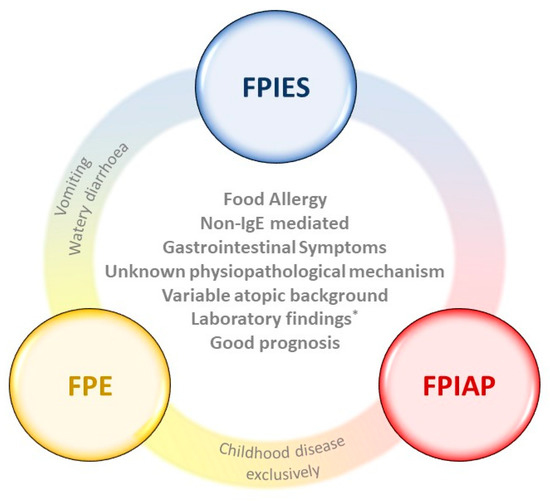
Foods Free Full Text Non Ige Mediated Gastrointestinal Food Protein Induced Allergic Disorders Clinical Perspectives And Analytical Approaches Html

International Fpies Association Facebook
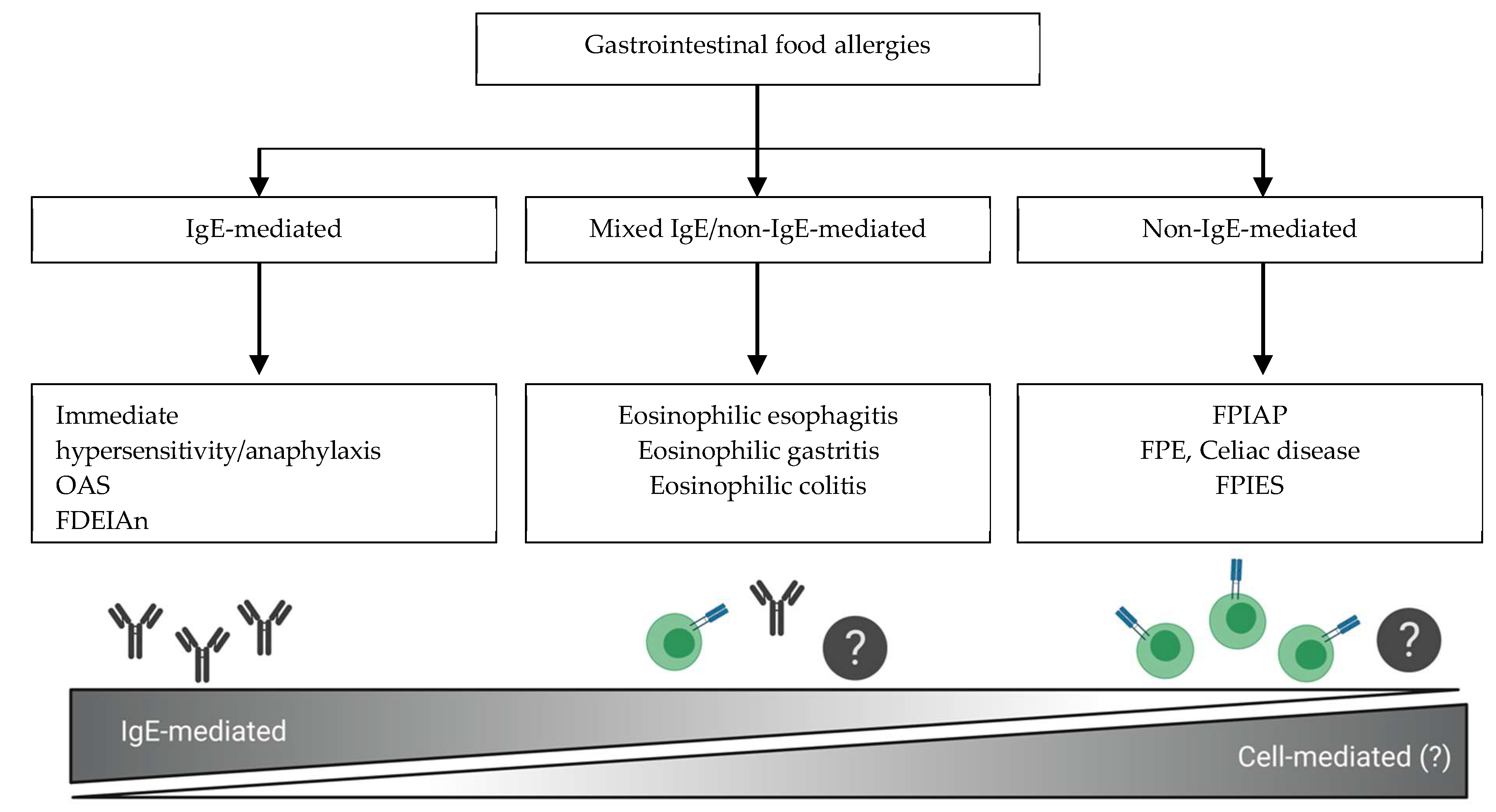
Nutrients Free Full Text Non Ige Mediated Gastrointestinal Food Allergies In Children An Update Html

Dietary Management Of Food Protein Induced Enterocolitis Syndrome During The Coronavirus Disease 2019 Pandemic Annals Of Allergy Asthma Immunology

International Fpies Association Facebook

Food Protein Induced Enterocolitis Syndrome Fpies

Study Characterizes Food Protein Induced Enterocolitis Syndrome In Adults
Food Protein Induced Enterocolitis Syndrome As A Cause For Infant Hypotension The Western Journal Of Emergency Medicine

Food Protein Induced Enterocolitis Syndrome Annals Of Allergy Asthma Immunology
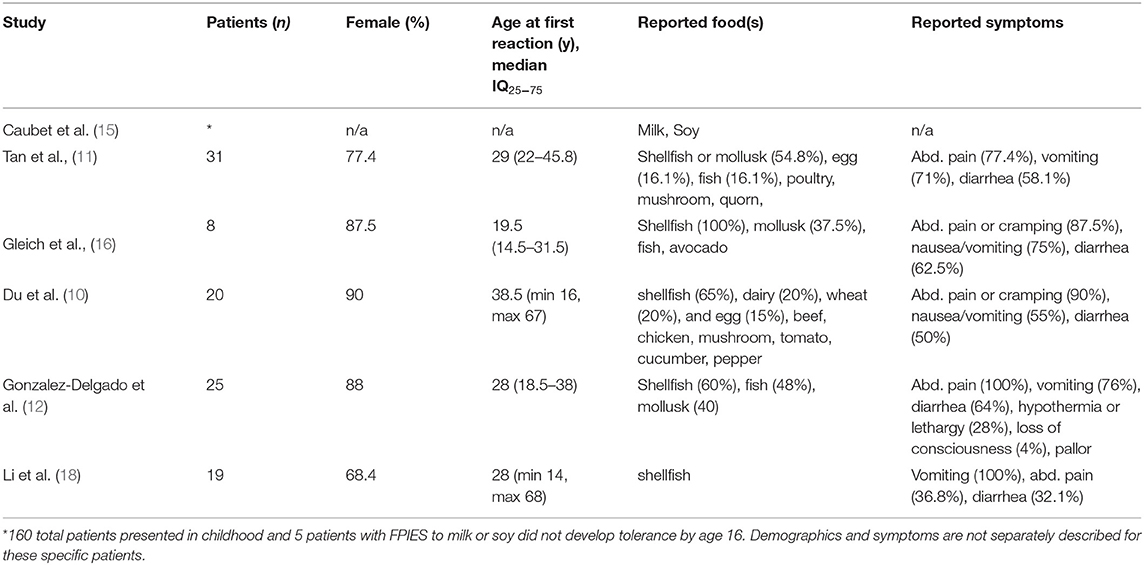
Frontiers Adult Food Protein Induced Enterocolitis Syndrome Allergy

Food Protein Induced Enterocolitis Syndrome Oral Food Challenge Annals Of Allergy Asthma Immunology
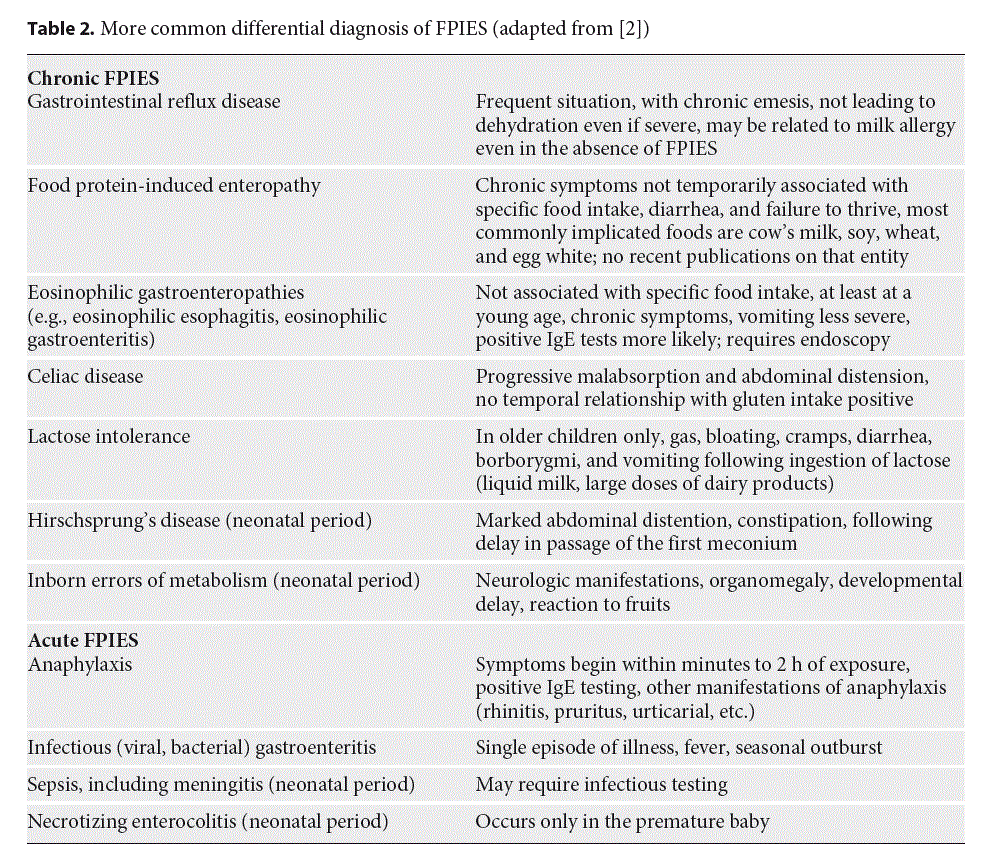
Food Protein Induced Enterocolitis Syndrome And Proctocolitis

Advances In Understanding Immune Mechanisms Of Food Protein Induced Enterocolitis Syndrome Annals Of Allergy Asthma Immunology
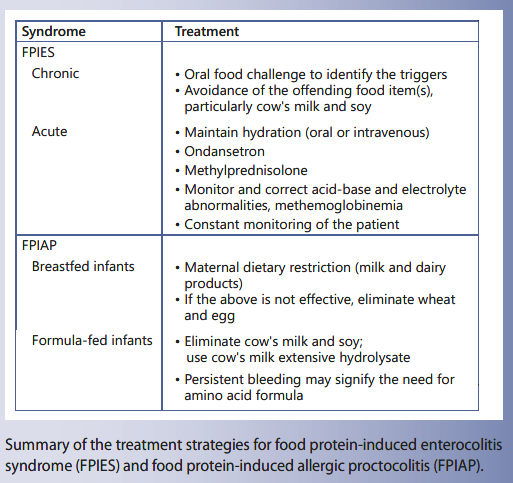
Food Protein Induced Enterocolitis Syndrome And Proctocolitis

Food Protein Induced Enterocolitis Syndrome The Journal Of Allergy And Clinical Immunology In Practice
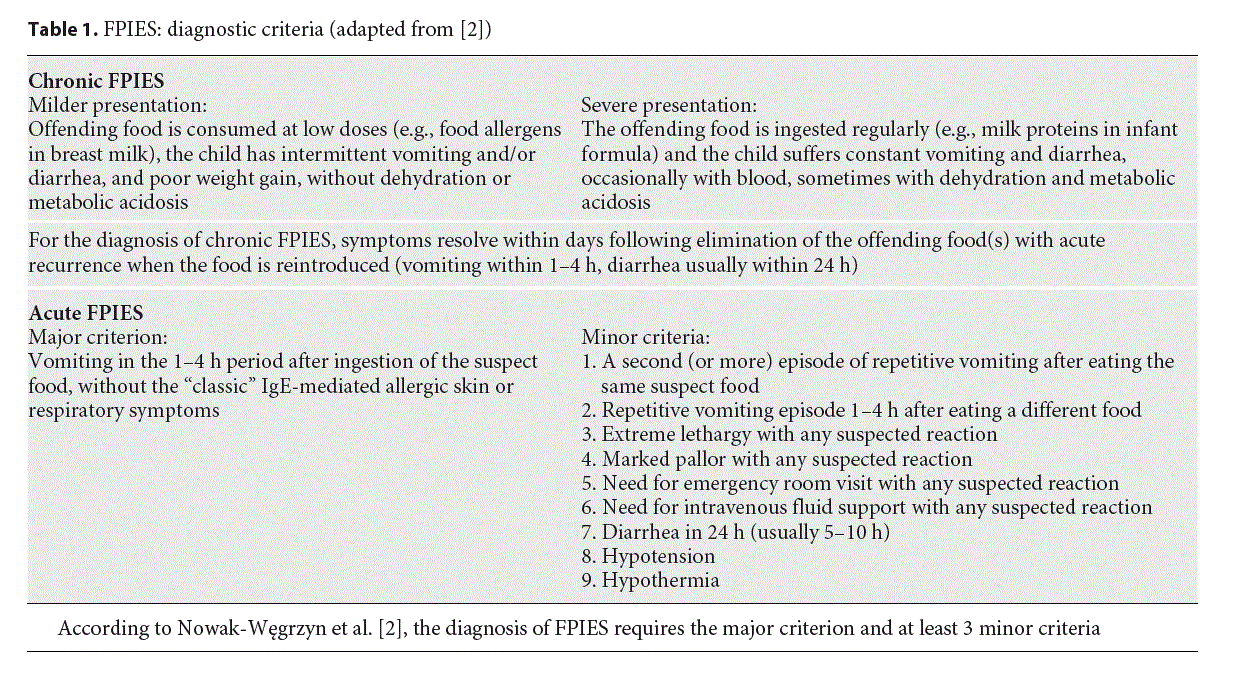
Food Protein Induced Enterocolitis Syndrome And Proctocolitis
